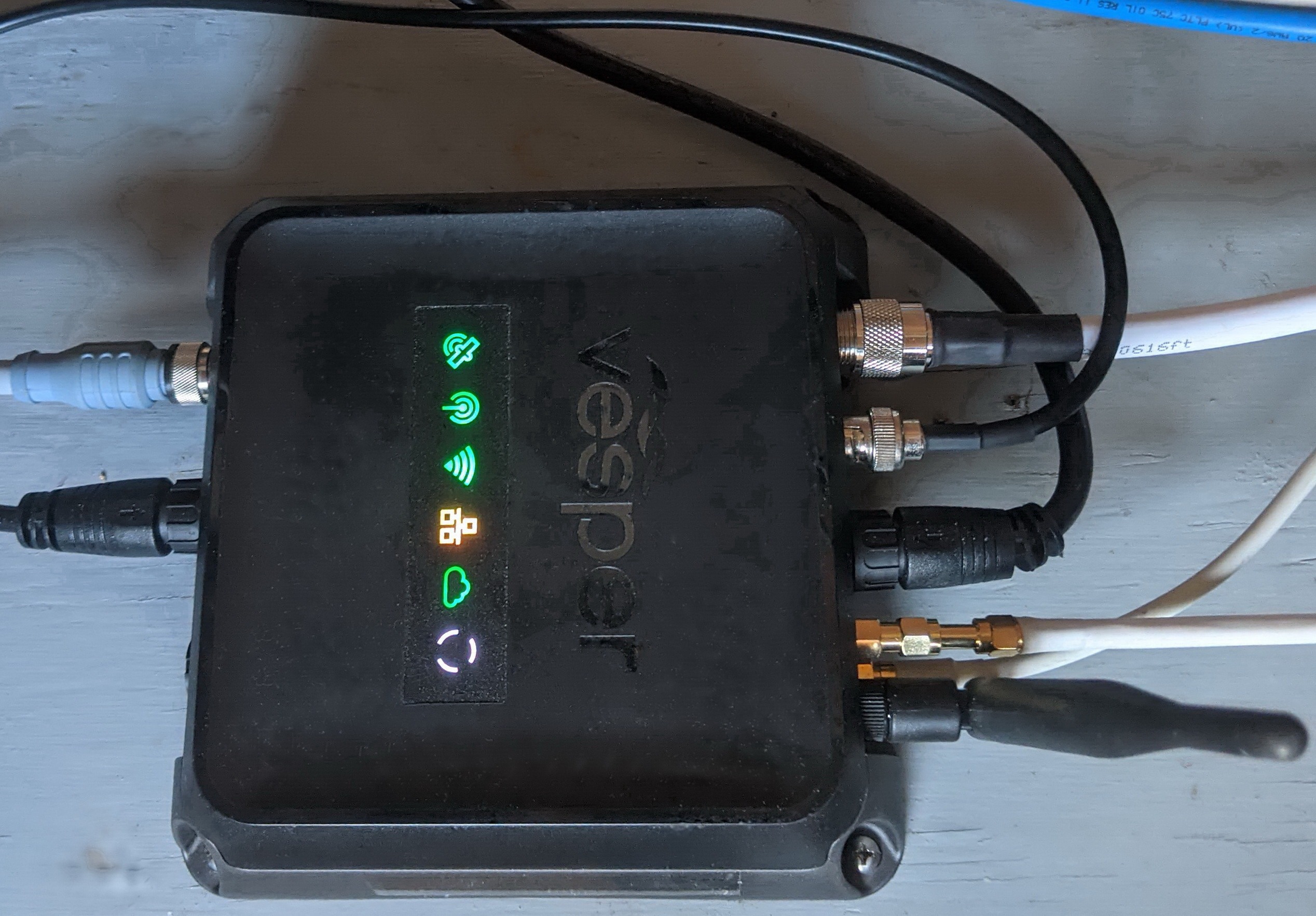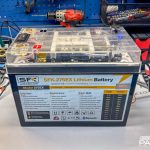Class B AIS transponder for $500, maybe

So goes the headline in the Nov. issue of Digital Ship (click on link in “Navigation” section, and thanks, Raye), but there’s something odd about this otherwise very intriguing proposition. For one thing, SRT’s business development manager doesn’t seem to think that Class B transponders will make boating safer:
“Using Class B as an anti-collision device does not make a large amount of sense, he points out – ship owners can see if they are about to hit something much easier by using their eyes than by trying to make sense of a screen with 1,000 vessels on it. ‘The vessels will look like snow on the screen,’ he says. ‘Its not going to have any practical use.’”
Perhaps I’m just in a skeptical mood, but I wasn’t surprised to learn at SRT’s site that’s it’s just become a publicly traded company.













I agree having 100’s of recreational vessels transmitting on B is just going to make for a very cluttered screen. Commercial traffic is not going to be paying much attention to it.
The better solution is to have an AIS A receiver and good software to show where the commercial traffic is.
That being said both GPSNavX and MacENC will support AIS B.
The software should allow users to exclude targes based on criteria like size, distance, class, cargo, etc. ‘ghosting’ these ships would also be a good feature, so they are there but are not as obvious.
bob
It’s my understanding that the Class A guys will be able to turn off Class B signals altogether. Nonetheless I think that inexpensive Class B will be quite useful to navigators. The industry will come up ideas like Bob’s, plus bigger screens, etc.
>> The software should allow users to exclude targes based on criteria like size, distance, class, cargo, etc. ‘ghosting’ these ships would also be a good feature, so they are there but are not as obvious. <<
Agree, but I tend to find the “static” data is not usually kept up to date or accurate. Specifically destination and sometimes size.
GPSNavX and MacENC allow stationary targets to be filtered. This alone remove much of the clutter in a busy shipping harbor.
I believe the biggest improvement will come when Navaids start transmitting.
that is right the price a chinese company is supplying. the unit support many function of class a transponder like the short messages. also the unit works in SOTDMA.
Just for the heck of it, I looked up the IP address of the last poster: The Greatwall Broadband Network Co.ltd, Beijing. About 5 minutes ago. This Web thing really is amazing.
Has anyone given consideration to those of us who navigate the US Western rivers. At this point in time, the only way to hope to find out if a barge tow is even in the vicinity is to dedicate a VHF to channel 13, the bridge to bridge channel, and hope they are talking to someone. AIS B will let us see a 1500 foot tow around that sharp bend in a sometimes narrow river channel.
Are there any companies actually selling Class B at the moment. I am trying to identify potential sources.
Thaks
Well,
I think Swedish Marinkedjan.se are selling Class-B transducers. Send their tech-support [email protected] an e-mail and ask.
Realizing this article is quite old…
Some of the commenters may be on to something. Navigation software can alert on other things. If nav software could track AIS targets that are in motion and only alert you when there would be a crossing or collision situation, and otherwise hide or reduce the clutter from other targets, say outside of a certain range.
I read with interest the opinions about AIS B benefits but specifically the concerns about clutter, alerts and seaways. Anyone interested to know that there is a software product that has eloquently taken care of this by way of unique filtering method (contact me). Also it has a warning system that you can manage, alerting only on vessels within parameterized guard zones and a host of other features … comes with electronnic chart that auto loads MrSID.
Where the seaways are concerned; it features the full set of messaging such as water flow, levels, weather stations, etc.